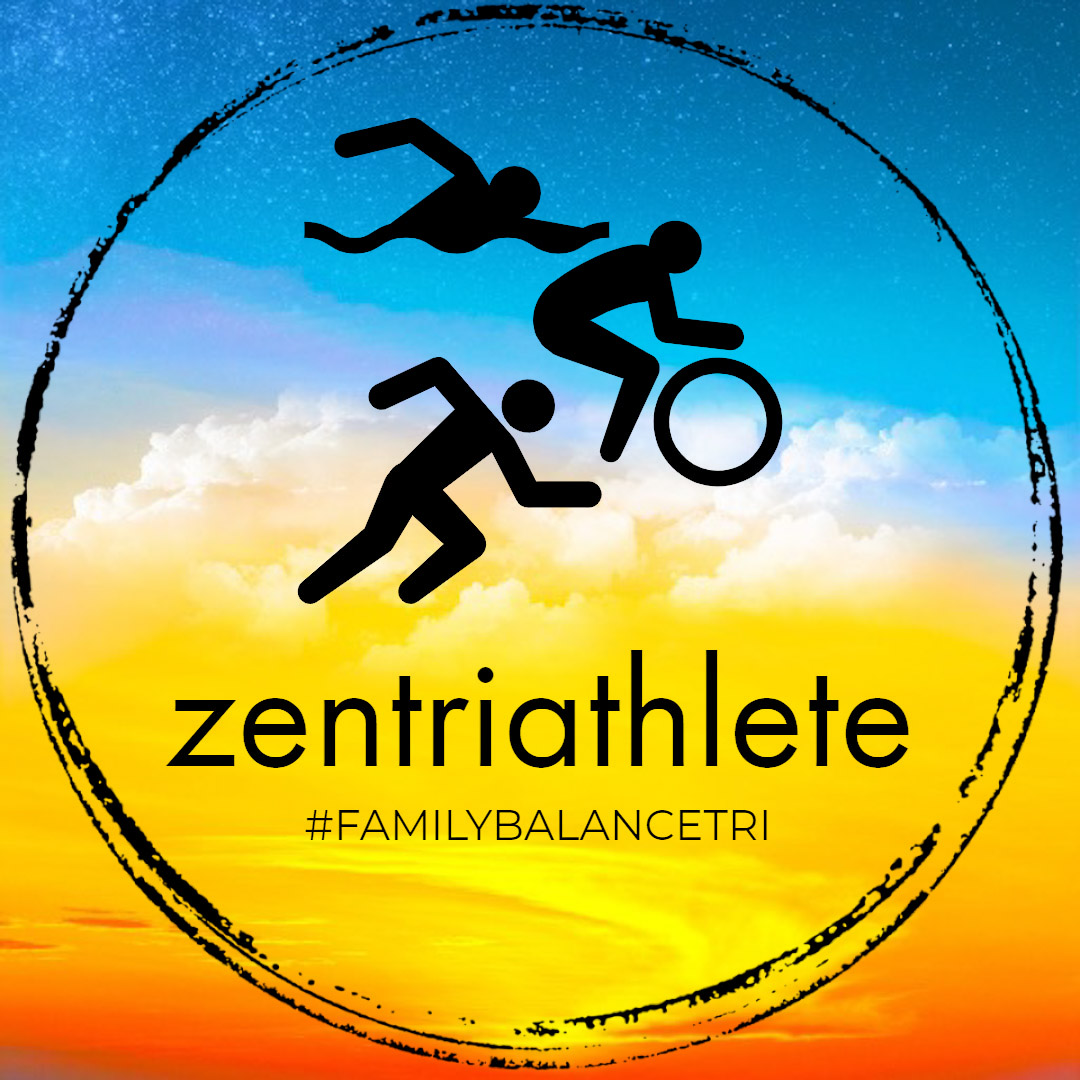A curious concept – shaping talent
Recently, a colleague approached me. Leaning into my role as a Principal Consultant where I work – Ellucian. The topic – shaping talent – see specific question below. So, I thought I should take the opportunity and capture my generalized responses here, for whatever value they may serve to myself and others. I want to do this also to demonstrate how my triathlon hobby, growth mindset and life concepts intersect with work strategies I leverage. I want to demonstrate the concept of transference using this model of how to shape talent. I say t his because i disagree passionately with work life balance. I’d rather a model of shaping myself first, than my mindset, practicing acta non verba, then taking those lessons learned into what I do as a person that will work 80 thousand hours throughout my career. So to that end, I share the following.
A generalized ask from the colleague
Do you have any other top-of-mind advice you would give to someone seeking to join the ranks?
My Generalized Responses
From my observation – what works most successfully is leaders or performers should have at their ready, a compliment of experiences. EdTech product owners and service oriented providers should actively coach performers should they choose to become leaders to lean on one specific area of expertise (software or more granular system specific). Also critical and oft-forgotten or assumed, coach new and seasoned leaders how to be a delegator and encircle self with performers (SME’s) to manage the remaining areas of focus. This will allow a leader the space required to concentrate and focus on the other resource oriented tasks, decisions, and accountabilities. Most important is they also have the space to foster and support their performers to achieve their targeted outcomes. The current gap I commonly observe is most entities don’t know how to coach the leap from performer to leader. Learning and obtaining critical skills, strategies and taking the opportunities to practice in this area of leaping from performer to leader will serve any professional beyond their career.
Ellucian centric
To really become a leader or a SME of any of the Banner specific modules (one of Ellucian’s flagship applications in the EdTech space) here’s a few top-of-mind things to consider:
Broad view Banner application themes
Strategy Focus
- Do I want to shape vision
- Do I want to be decision oriented
- Do I want to shape people care or organizational supports
Tactical Focus
- Do I want to be Delegation minded
- Do I want to manage or team lead or people care
- Do I want to be an Actor and/or SME minded
Other Focus
- Learn what Empathy is
- Learn to understand the varying values associated with courage
The above corresponds loosely with how we shape tasks, roles and accountability in decision making and resource management as it pertains to the module oriented specific tasks.
Module Specific (Banner specific model)
- This is broken down into Banner application modules
- General
- Student
- Human Resources
- Finance
- Financial Aid
- CRM related products aka next generation including ethos and api minded integrations and end-points
- Focus on understanding either
- Banner oriented business process methodologies (IT focus)
- Education administration focus of business process ready to intersect with a SiS (Institution administration focus)
In the module specific space (see above listing) each area has different vehicles to become support minded and ready. As one may see there is a broad landscape of opportunity. How to tune one’s preferences and strengths or pursuits is very diverse!
Lastly, I’d strongly recommend that an interested junior or senior type incorporate your own take-aways from the Simon Sinek presentation below (yes, watch it the whole 30 – 35 minutes from time to time). And yes, I recommend to watch it more than once.
Some general thoughts – Ellucian, EdTech and Higher Education Administration oriented considerations
General learning strategies (this is a product agnostic approach, try not to get caught up on the granular specifics, rather focus on the broader commonalities)
I’ve broken this down into two major categories although I do observe and believe there are many more
- Leadership oriented
- Performer or Subject Matter Expert (SME) oriented
For those interested in roles in EdTech and Higher Education support
- Education Acumen is often required in Higher Education facilitites
- Notable Preferred Undergraduate Degree outcomes include:
- Business, Computer Science, High Education Administration oriented
- Focus in process or change management
- Terminal and Post Graduate outcomes include:
- MIS, MBA, Ed.D, Ph.D
- Focus in process or change management administration, leadership or governance
- Notable Preferred Undergraduate Degree outcomes include:
- Certificates and training that matters
Suggested Action –
One’s education, training and skills should focus and emphasize learning the difference between strategic and tactical needs. There tends to be a lack in depth of understanding of Ed Tech and Administrative functions in and around institutions of Higher Ed (internal and external supports). Fostering skills in this key area is critical.
Leadership oriented
- As performers become leaders – there is often a lack of training of where to focus resource management as it relates to strategic and tactical needs
- Leaders often get caught in wanting and falling back to being a performer minded contributor (SME) trusting self, and not leaning into their assigned performers (SME’s)
- Understanding broad strokes of all things Banner and EdTech change management leadership styles
- Learning skills to foster and take care of the people they are leading (watch the Simon Sinek presentation above for context) — “Leaders are not responsible for the results. Leaders are responsible for the people who are responsible for the results.”
Performer or SME oriented
- Understanding broad strokes of all things Banner and EdTech change management leadership styles
- Develop strategies that shape boundaries and enable team oriented contribution capabilities (this seems like an oxy-moron I know). I have learned through difficult experiences the more I control and shape reasonable and enforceable boundaries and expectations, the more agile and nimble I can be as as opposed to absorbing too much responsibility that is not mine to burden or carry.
- Learn Business Process oriented needs and pair them with system oriented options to maximize efficiency and also fostering the broadest available to student participants
Generalized list of suggested actions for leadership and/or performers (SME) to consider
- Learn about AACRAO, business unit areas of focus, or module specific entities and organizations that describe and shape de facto models leading to Best Practice standards and models of excellence
- Learn about application specific (software) interactions – determine depth of understanding as it relates to career path vision
- Focus on GENERAL module
- Concentrate on one other module
- Learn the dynamics of applications (software) that are significantly unique in function and identify where overall design and concepts are shared across software platforms
- Focus on GENERAL module
- Conference participations (Application and business process or leader oriented)
- Conferences are about telling stories – select one or 2 things that peaked an interest and dissect that story, the business process that was improved or shaped, concentrate on lessons learned and interact with the Actors that told the story. Lastly, who else has interest in this story, develop relationships with those folks and shape network to your advantage.
- Learn about application specific (software) interactions – determine depth of understanding as it relates to career path vision
- Education Acumen helps and often required
- Notable Preferred Undergraduate Degree outcomes include:
- Business, Computer Science, High Education Administration oriented
- Focus in process or change management
- Terminal and post graduate outcomes include:
- MIS, MBA, Ed.D, Ph.D
- Focus in process or change management administration, leadership or governance
- Should choose multiple modules to learn
- Notable Preferred Undergraduate Degree outcomes include:
- Concentrate on learning inputs/outputs of module-based Banner interactions
- Understand module touchpoints and interaction boundaries
- Understand integration touchpoints or endpoints and understand boundaries
- Googlefu search things in are of interest – its out there
- Entertain positions at institutions as a steppingstone for access to learning
- Internship program participation if available in the EdTech space
I hope the above information helps. I have become a broad brush stroke kind of person – I blame Ryan Holiday and Eddie Pinero. Although I tend to be leaned into in different ways, I tend to take this approach of sharing top-of-mind ideas and lessons learned (see Bruce Lee image above). It is my observation that unsolicited advice rarely sticks, but above are the principles I would tell myself to follow in order to shape and grow seeds for a later harvest. It is my finding that healthier EdTech organizations engage in the efforts and cost of shaping a vibrant garden of leaders and performers. This allows for an environment where leaders that lean into one or two preferred performers is an exception rather than the rule.





